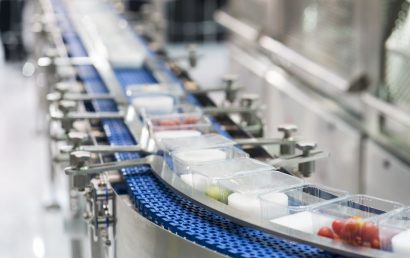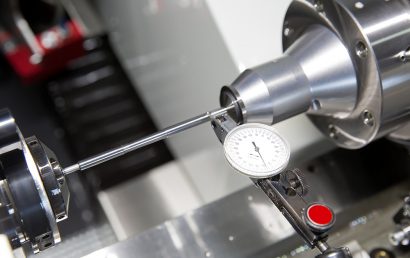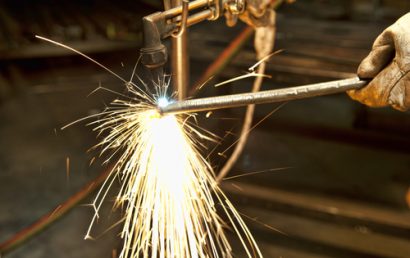Conventional Barrier Coatings Aren’t Always Effective In The LNG Industry
Before we can discuss the effectiveness of conventional barrier coatings in the LNG industry, let’s take a look at the LNG industry specifically. What does LNG mean? The initials stand for a natural gas known as liquefied natural gas. This can refer to CH4 or methane, for example, with ethane mixed in. For the safety and ease of transport or storage, the gas has been cooled to liquid form. It can be hazardous including the threat of asphyxiation, freezing, and gaseous state vaporization enabling flammability.
For whatever reason, regions of operation for the LNG sector’s facilities frequently involve areas with high rainfall, moisture, and humidity. So, on carbon steel assets, the threat of corrosion is always a challenge and must be combated at every given opportunity.
Protective Barriers in the LNG Sector
In the kind of environments just referred to, significant drawbacks are present when traditional barrier coatings are used. To apply a traditional coating application, the surface of carbon steel must be prepared. This is difficult. Then, traditional anti-corrosion methods fail, due to obstacles presented by the environment, once the coating is in place.
Why are these drawbacks present? To prevent carbon steel corrosion, particularly in rainy, wet areas, is there a formula that will hold up?
Corrosion Worsens Around Moisture
Corrosion of all kinds can affect alloys made of carbon and iron, like carbon steel. Add rainfall and high humidity to the equation, such as that commonly found in the LNG sector, and it poses an even more significant problem.
If marine chlorides are present, the risk of corrosion is even greater. Found in the water and air of coastal and marine environments, calcium chloride and sodium chloride are deadly to metals and traditional protective coatings. In these environments, in a matter of hours, the appearance and spreading of corrosion referred to as “flash rust” is a possibility due to prolonged, heavy moisture exposure.
To better suit moist conditions such as these, an anti-corrosion solution needed to be found that would serve the LNG sector and other industries with the same problem.
Why Traditional Coatings Can’t Stand Up
Particularly were the LNG industry is concerned, traditional coatings just don’t cut it! For one thing, company production applications relying on carbon steel find it both time-consuming and expensive to have to reapply traditional coatings, over and over, to achieve the best protection possible. Additionally, these facilities are located around the globe. Because each LNG company has to have their contracted coating company workers/representatives sent to them for every reapplication, this simply is not efficient.
Specialized Coatings for the LNG Industry And Others
There is good news regarding industries that frequently have to put up with the threats posed by moisture, humidity, rainfall, etc. Phosphate ceramic coatings that are chemically bonded have replaced traditional barrier coatings as an effective alternative.
Currently, they are being used for the following:
- Large aqueduct systems including pump wells, blow offs, air release valves, and more.
- Natural gas pipeline fueling protection.
- Asset and steel equipment protection during LNG receiving station construction
- LNG pipeline connections and terminals.
Because traditional anti-corrosion methods are inefficient and costly, the LNG sector and other industries have turned to today’s newest, latest, and greatest anti-corrosion thermal sprayed coatings offering specialized protection.
A&A Coatings has coatings that will withstand virtually everything that mother nature, or threatening industry settings/atmospheres, throws at them. For decades, we’ve been helping industries throughout the United States protect their equipment, components, parts, surfaces, etc. With expert technicians and knowledgeable representatives, we can help you determine the kind of protective coating needed for your environment and workplace.
Contact us today if you would like to find out what kind of coating is best suited to your needs and how soon you can receive service.



